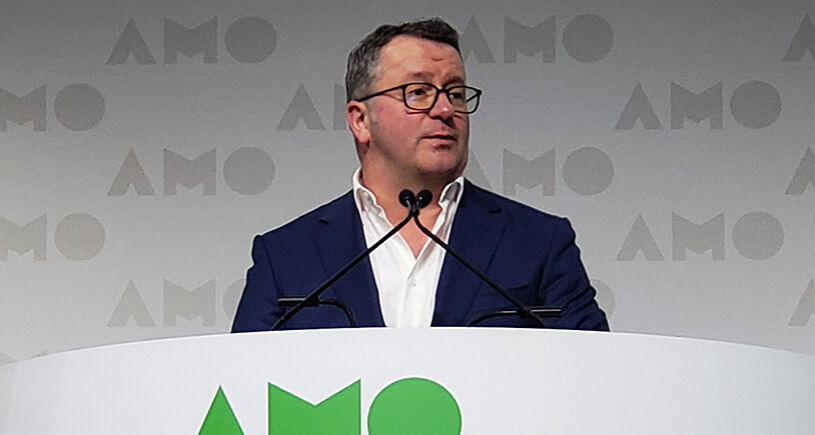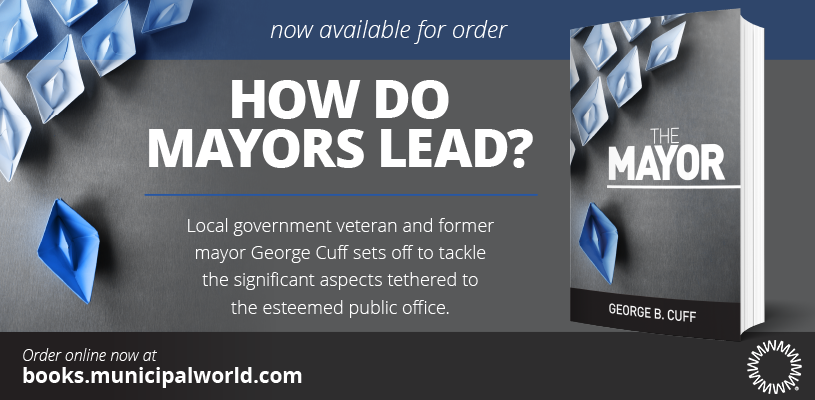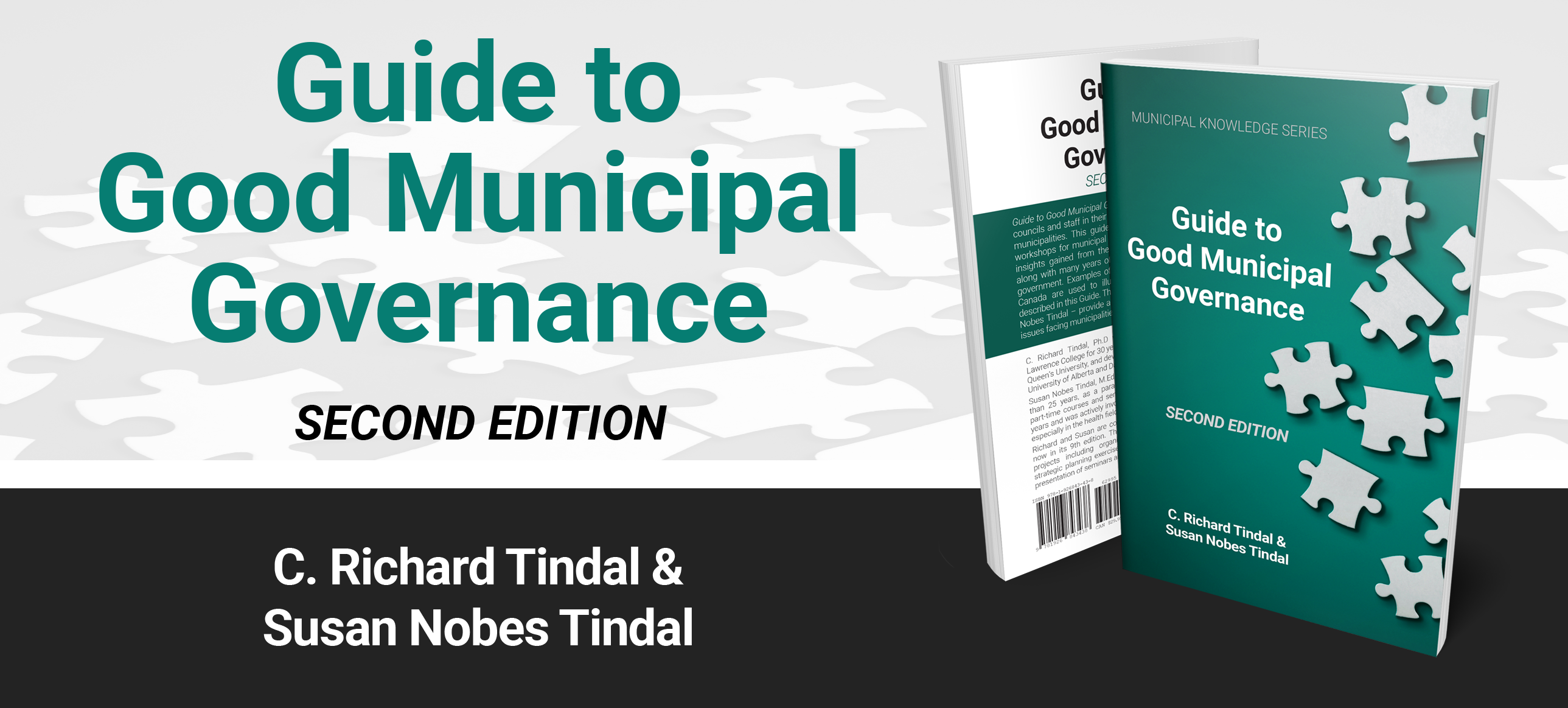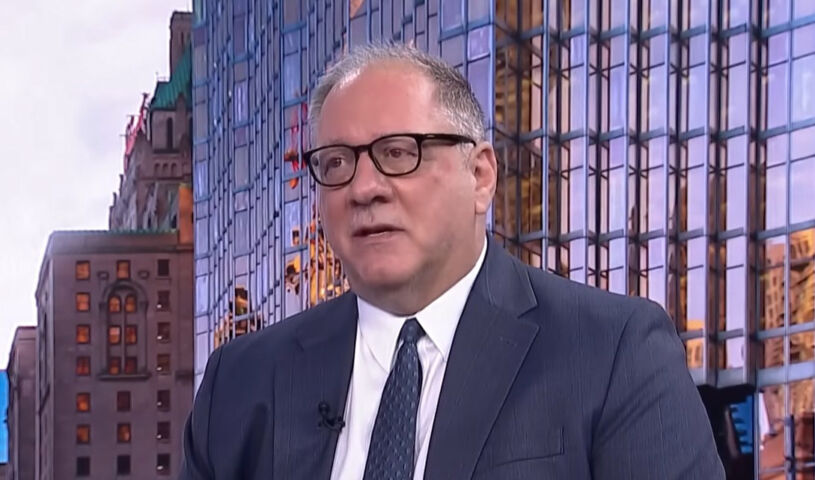AMO members travel to Ottawa in critical year for municipalities
 Brian Rosborough, executive director of the Association of Municipalities of Ontario, has described this year’s annual conference as more critical than ever given that municipalities remain responsible for nearly everything – and those responsibilities have become increasingly challenging or costly. Photo: Municipal World
Brian Rosborough, executive director of the Association of Municipalities of Ontario, has described this year’s annual conference as more critical than ever given that municipalities remain responsible for nearly everything – and those responsibilities have become increasingly challenging or costly. Photo: Municipal World
As municipalities across Ontario face unprecedented challenges – from trade disruptions and economic uncertainty to demographic shifts and evolving public expectations – the annual Association of Municipalities of Ontario (AMO) conference emerges as more than just a calendar fixture.
The conference, set for Aug. 17-20 in Ottawa, has become a crucible for new ideas, collaboration, and accountability, according to AMO executive director Brian Rosborough.
In fact, Rosborough said this year’s event is more critical than ever, given that municipalities remain responsible for nearly everything – and those responsibilities have become increasingly challenging or costly.
“It (the conference) is an unparalleled opportunity,” Rosborough said. “People come together to get a sense of how other communities are approaching these tremendous challenges and to think collectively about what we can do to create an environment where municipalities can be more successful.”
Looking Ahead to AMO 2025
This year’s conference – one year past last year’s 150th anniversary celebration – will be jam-packed, Rosborough said, with timely workshops, advocacy and policy discussions, and plenty of the usual networking opportunities.
AMO is bringing back renowned political journalist Andrew Coyne, who spoke at last year’s event about the threats to democracy. Given the situation in the world today, Rosborough said they asked him to return and continue the conversation. Having Coyne return, he added, is indicative of how tumultuous this past year has been.
One tangible measure of the conference’s relevance is its growth – attendance has surged by 50 per cent since the pandemic. Last year, AMO hosted more than 3,000 delegates, and Rosborough said similar numbers are anticipated this year.
The province itself received more than 1,000 requests for delegation meetings. That, Rosborough said, is a testament to the engagement and urgency permeating the municipal sector.
“For us, it’s a quantum expansion of all that we do, and the AMO staff and all of our partners do a great job in putting this together,” Rosborough said. “It keeps getting bigger and bigger. We also probably get a little better at what we do. We just have so much support from our members, from partners, from speakers and panelists, from TVO and everybody who works so hard to bring this together and make it a success.”
Post-Pandemic Growth to a New Audience
Rosborough said there was “a really great pent-up demand for people to come together and share space and ideas” after the pandemic. He also said the organization has changed as well, focusing on new and different ideas. For example, in 2020, AMO began its first annual women’s leadership forum, which profiles exceptional leaders from across the country.
Rosborough said AMO members are increasingly seeing themselves in the programming that is offered at the conference, not to mention the work that is being done by the organization.
But, Rosborough also said there has been a 40 per cent turnover in councillors since the last municipal election three years ago. And coming out of that, AMO staff have seen a big influx of people participating in the conference.
“There are new people on the horizon participating in the sector,” Rosborough said. “I think we’ve been keen to make sure that our programming reflects the interests of a changing demographic and a changing profile within our membership.”
Building Accountability and Dialogue
At its heart, Rosborough said the AMO conference remains a platform for provincial accountability. The conference – along with the Rural Ontario Municipal Association (ROMA) conference that occurs in January – is what Rosborough calls “the quintessential moment of provincial accountability to the municipal sector.”
In addition to those hundreds of direct meetings between councils and cabinet ministers, Rosborough lauds the Minister’s Forum for providing delegates with the opportunity to ask any question they want to a minister.
So, first and foremost, Rosborough said it is an opportunity for the sector to hear from the provincial government directly and to hold the province accountable for how it engages with municipalities and works with them to better serve Ontarians.
That accountability commitment extends to a new element being introduced this year. The “Have Your Say” workshops are designed to foster candid dialogue around policy. Additionally, a member survey will debut, inviting feedback to improve AMO’s services.
These initiatives reflect the organization’s commitment to two-way engagement and continuous improvement.
“That’s really part of a commitment in our strategic objectives … around more two-way interaction between AMO and its members, “Rosborough said. “We want to get a better sense of how we’re doing and what we can be doing better and what are the real aspirations and concerns of our members.”
State of Local Government
With over 30 years of experience in Ontario’s public sector, Rosborough could rightfully be considered an expert when it comes to assessing the current state of local government.
Rosborough said “it’s not terrible” because of the quality of people who have been elected and have stepped up to take on the responsibility of governing their communities.
That said, he does acknowledge “it probably has never been harder than it is now” given the challenges municipalities face today. Those challenges include “very outdated fiscal arrangements” that make it tough for municipalities to meet the expectations of their property taxpayers.
AMO has also repeatedly called on the province to undertake a social and economic prosperity review. This review would provide an opportunity for the province and municipalities to engage in a fundamental conversation about what is working well, what is not, and how both orders of government can collaborate to ensure Ontarians receive the services they need.
But another growing concern, Rosborough said, is a decline in public civility and increasing political polarization.
AMO’s Healthy Democracy Project aims to address this shift through a civility and anti-harassment strategy, which will be discussed further at the conference.
“I think this is true of any situation where people are in the public domain. And so we’re trying to sort of get to the bottom of that,” Rosborough said. “The challenges are great, and the uncertainty is significant as well.”
Excitement for 2025 and Beyond
On July 25, AMO President Robin Jones announced Lindsay Jones will become the organization’s executive director, effective Sept. 1. Rosborough will retire on Aug. 31 after six years in the role of executive director.
As such, this year’s conference will be Rosborough’s final one as leader of the organization.
Retirement from public service is a personal and professional decision that, while complex, Rosborough said is much easier to live with than it is to make – like so many decisions in life.
But he is optimistic about AMO as an organization and its role in public policy in Ontario. Rosborough lauded the organization’s board and staff, not to mention the municipal sector in Ontario itself. Even though Ontarians are facing challenging times, Rosborough said he is optimistic that AMO will continue to play an important role in advancing good public policy.
He is also quick to add that he has been tremendously privileged to have the kind of career that has been filled with opportunity, to have an impact, and to work on meaningful things.
All that said, he hasn’t retired yet and he is excited for this year’s conference.
“The vibe at the conference is so exciting. The enthusiasm that the AMO staff brings to the conference is really tremendous, and it’s exciting to see. I’ll miss that,” Rosborough said. “It’s a great conference. It’s a great opportunity. People work hard there. It’s business, business, business. But clearly our delegates really enjoy it as well. So, I’ll miss being a part of that excitement and that vibe.” MW
✯ Municipal World Executive and Essentials Plus Members: You might also be interested in David Houle’s article: Transforming municipalities: Smarter decisions, streamlined operations.
Sean Meyer is digital content editor for Municipal World.
Related resource materials:



